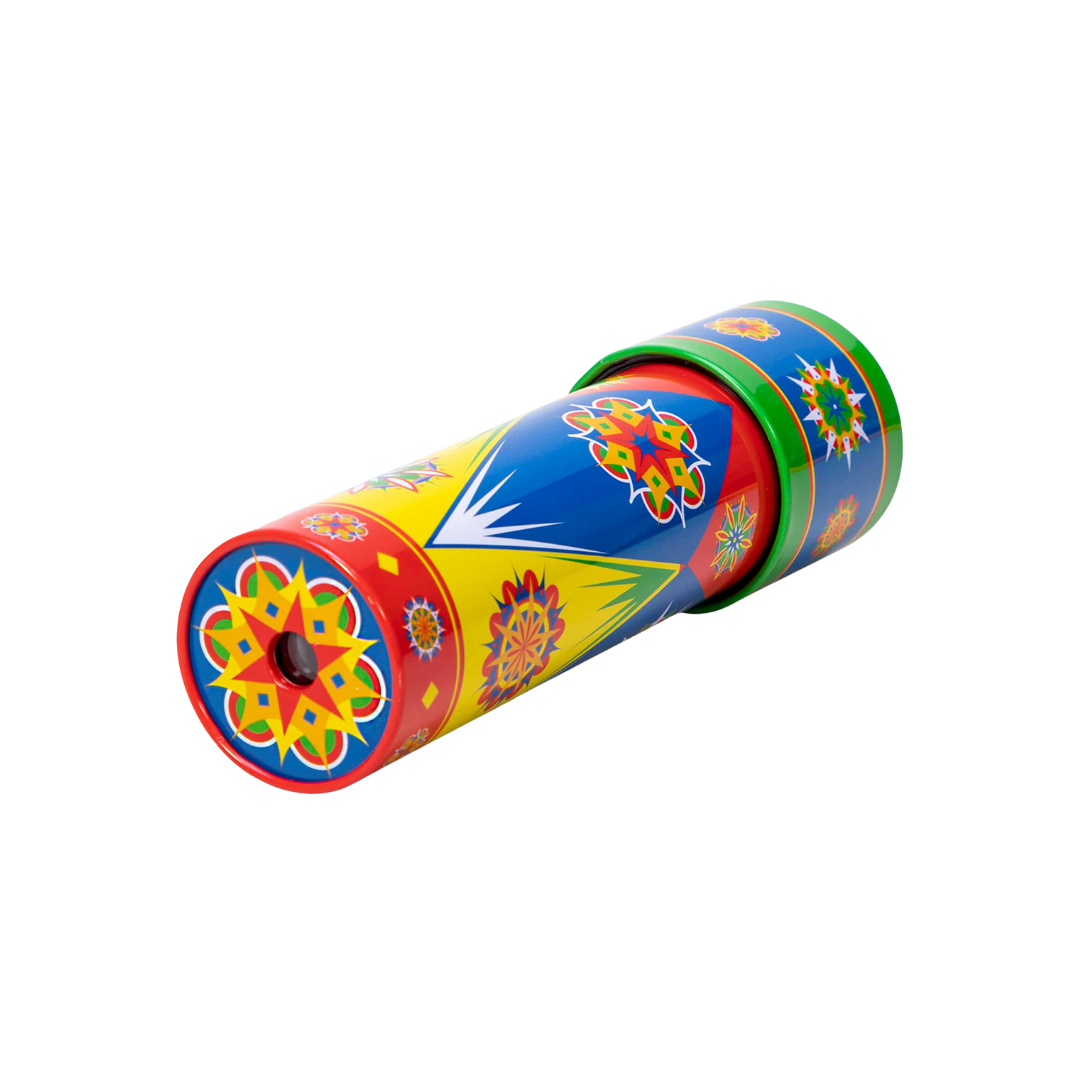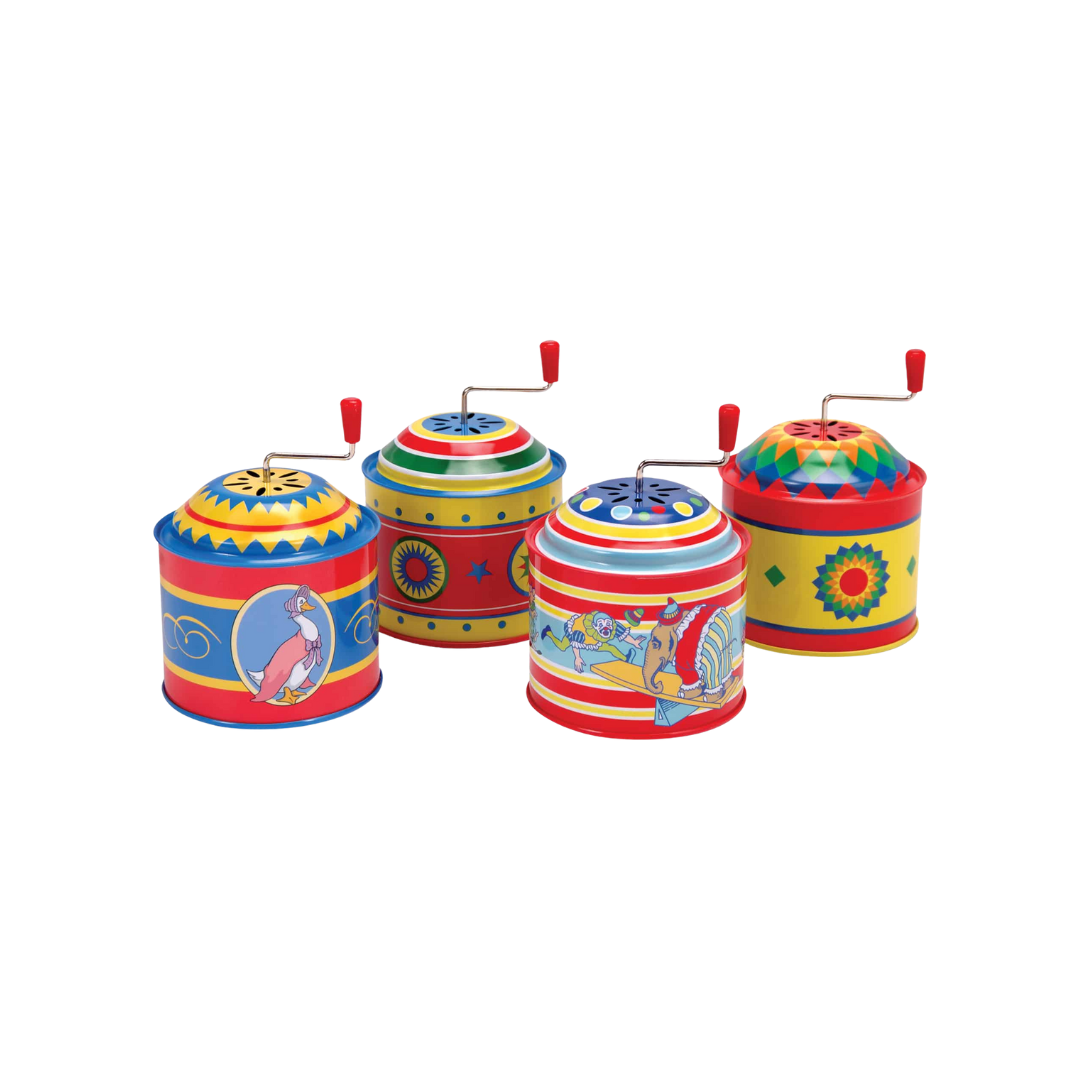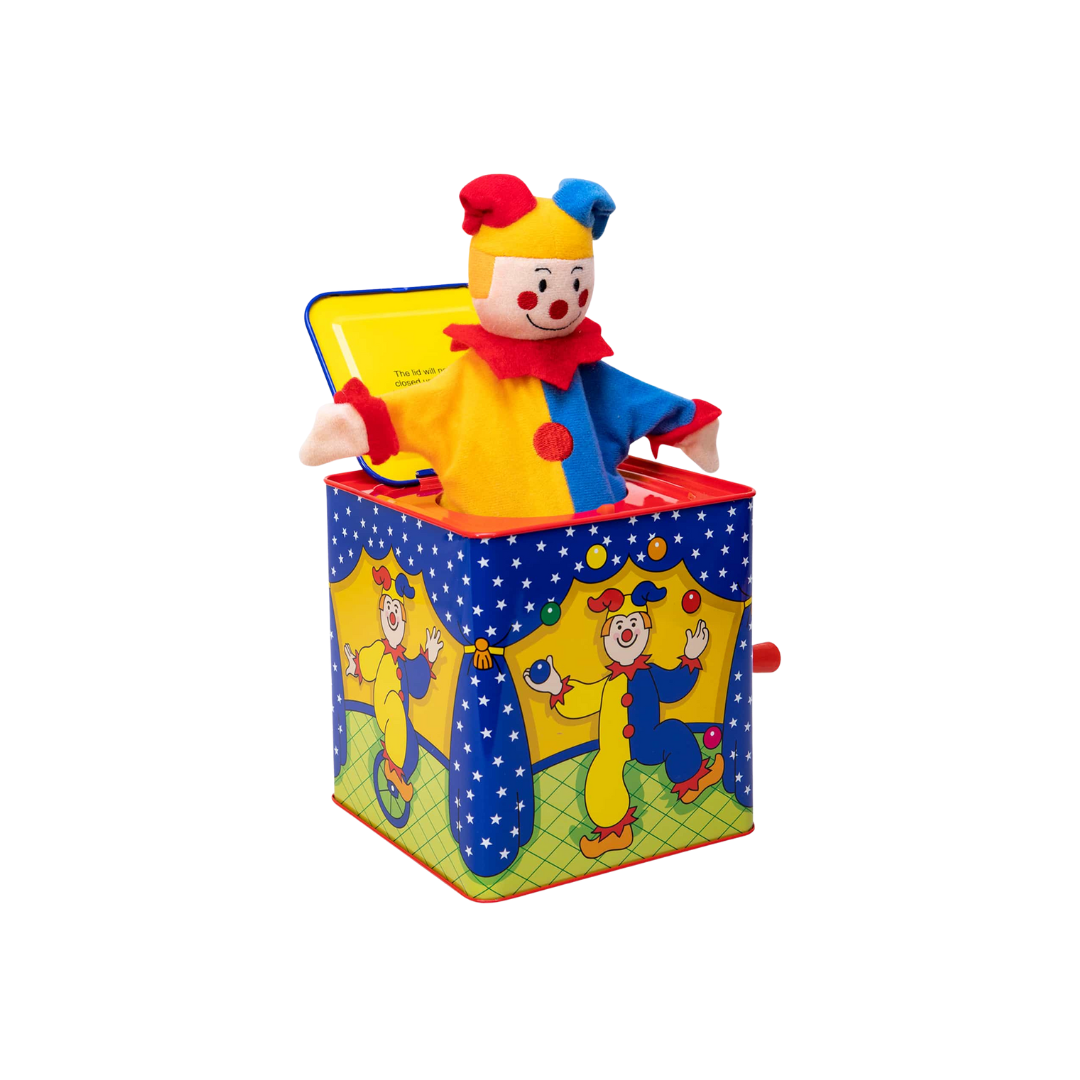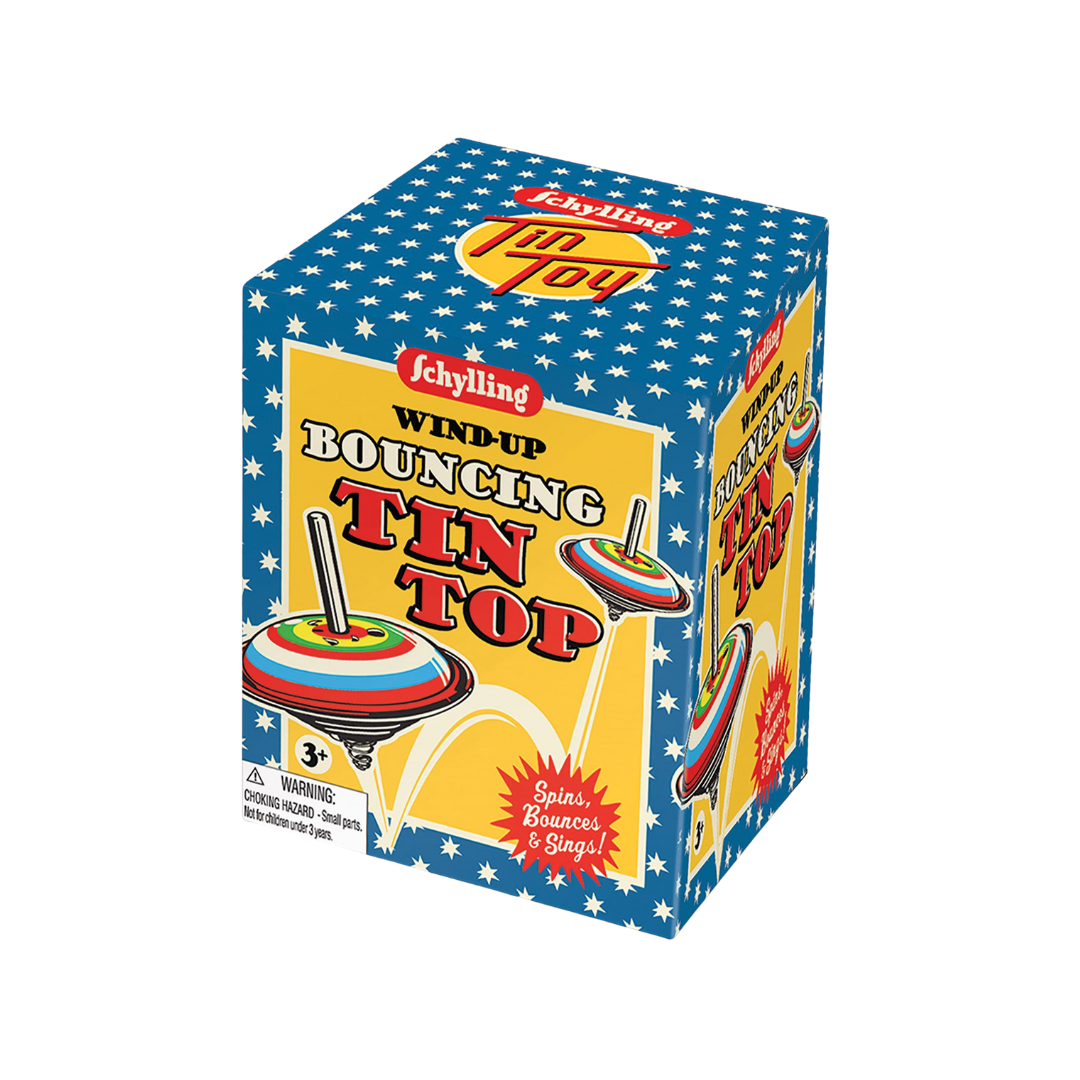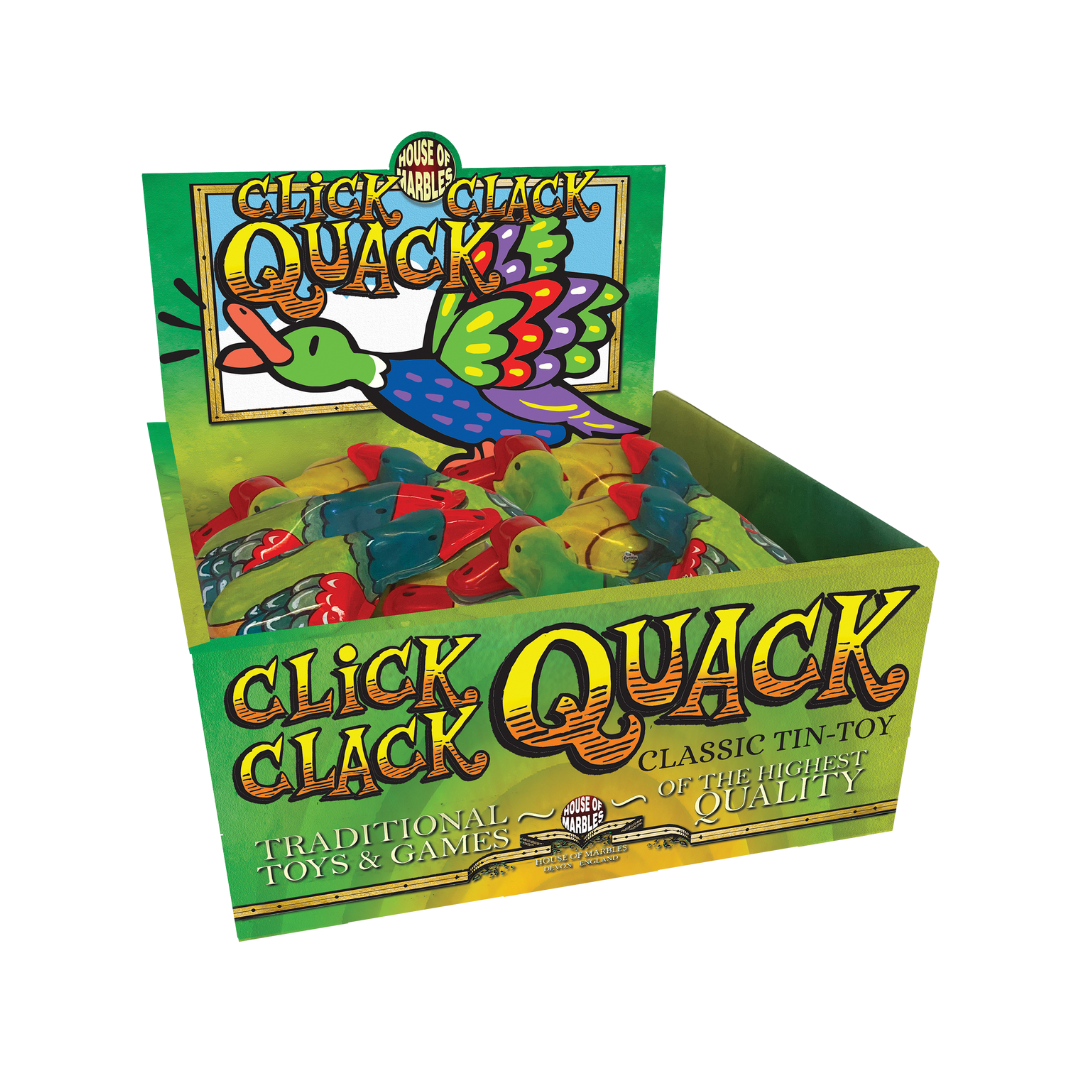Classic Toys | Tin Toys - A Step Back Through Time
Some of the most collectible toys in the world are old tin toys. Tin toys are made out of tinplate and often motorised and colourfully painted to resemble characters or vehicles, such as toy trains, cars, and other motorised vehicles.
Many of the early tinplate toy makers were based in Germany with companies such as Bing & Schoenner and Issmayer being leaders in their industry in the 1860s through to the early 1900s.
Germany remained the major producer of tin toys into the early 20th century. The most famous manufacturer being Ernst Paul Lehmann, who produced such wonderful tin toys in Brandenberg, Germany from the 1880s to the 1930s. Lehmann today has a worldwide following of avid Lehmann tin toy collectors who often collaborate to track down rare toys from his vast collection.
France and England soon jumped onto the production of these popular toys, leading to a surge in what would become known as the “Penny Toy”, with thousands of tin toys flooding the market.
Production of tin toys in the United States only boomed much later, and it wasn’t until after World War I, when consumers were less enthusiastic about buying German products that the US found its way. Production soon however overtook that of their European counterparts, with cheap & plentiful resources contributing towards more favourable manufacturing costs.
Louis Marx & Company was the largest American tin toy manufacturer during this era, operating from 1919 to 1978. Marx produced a huge number of tin toy designs, producing enormous amounts to keep prices down. The company produced so many designs that the toys themselves were often imprinted with the slogan, "One of the many Marx toys, have you all of them?". Toys included tinplate buildings, tin toys, tin soldiers, play sets, toy dinosaurs, mechanical toys, toy guns, action figures, dolls, doll houses, toy cars and trucks, and trains.
Due to the re-allocation of resources, the production of tin toys ceased during World War II, and many toy manufacturing factories were taken over for arms and munitions manufacture. Many shut down permanently and never went back into business after the war. Japan began producing enormous number of tin toys, and due to reduced competition in Europe soon became the world leader in tin toy manufacturing.

